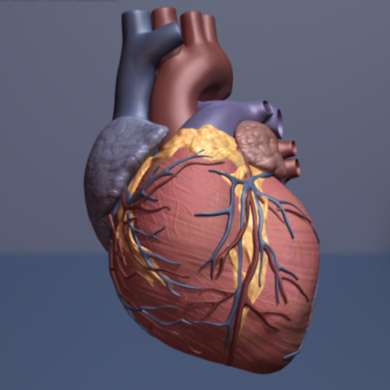
Researchers from Queen Mary University of London have developed a new approach to address cardiac disease in rheumatoid arthritis (RA) patients.
Currently patients with RA are particularly susceptible to a type of cardiac deficiency termed diastolic dysfunction, which may lead to heart failure, resulting in a higher mortality rate amongst this patient group.
The new study, published in PNAS, addresses this unmet clinical need by developing an experimental model of cardiomyopathy in inflammatory arthritis.
After several attempts the team of researchers from Queen Mary’s William Harvey Research Institute (WHRI) successfully identified the right model by characterizing experimental animals with arthritis. The animals developed cardiac diastolic dysfunction, recapitulating the symptoms presented by RA patients. Diastolic dysfunction means the heart is able to contract as normal but unable to dilate properly, ultimately leading to heart failure over time.
Professor Mauro Perretti, lead study author and Professor of Immunopharmacology at Queen Mary University of London said, “As is often the case, the description of a valid model of disease can open new vistas on pathogenic mechanisms as well as on novel therapeutic approaches. At present, the cardiomyopathy of patients affected by rheumatoid arthritis is not treated, and on top of this, current anti-rheumatic drugs (e.g. biologics or steroids) may even worsen it. As such there is an urgent therapeutic need to intervene and treat, if not cure, the cardiomyopathy of patients affected by rheumatoid arthritis.”
Source: Read Full Article
